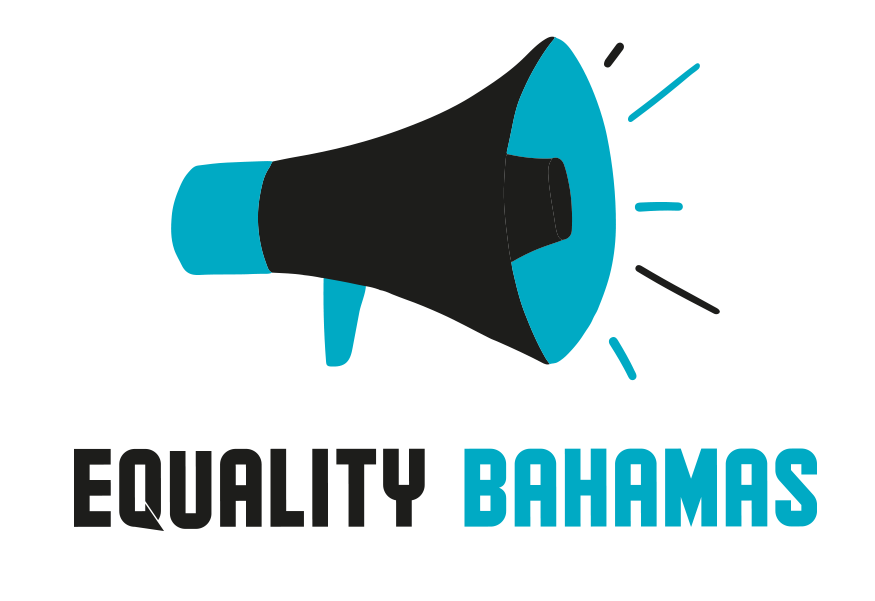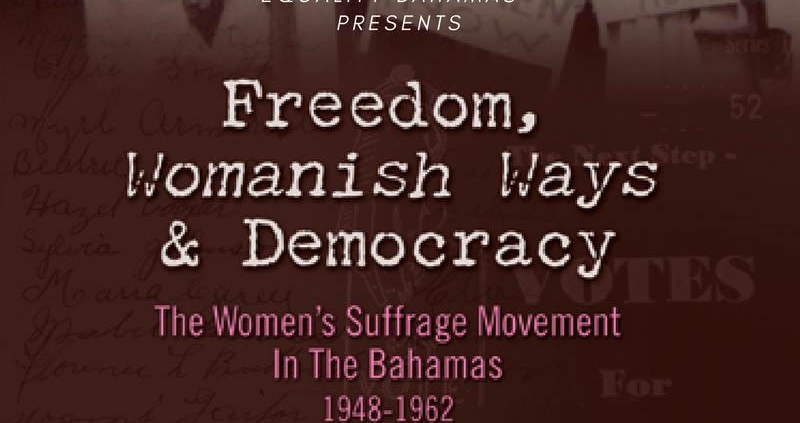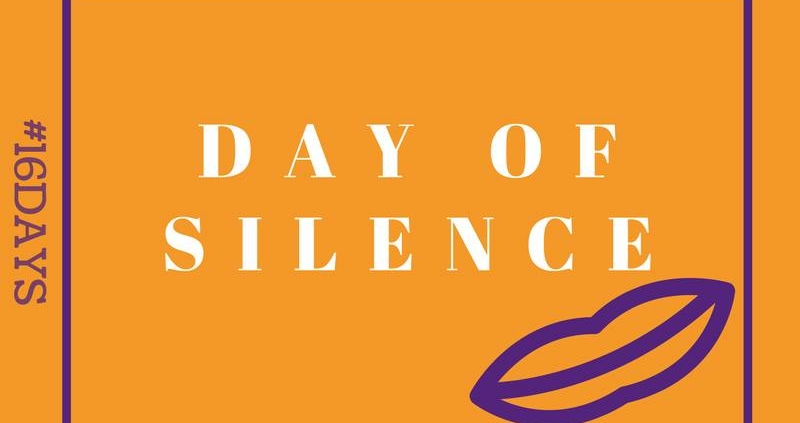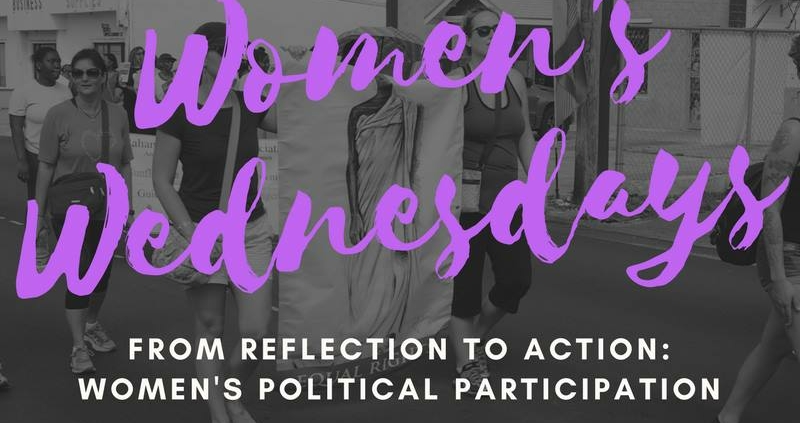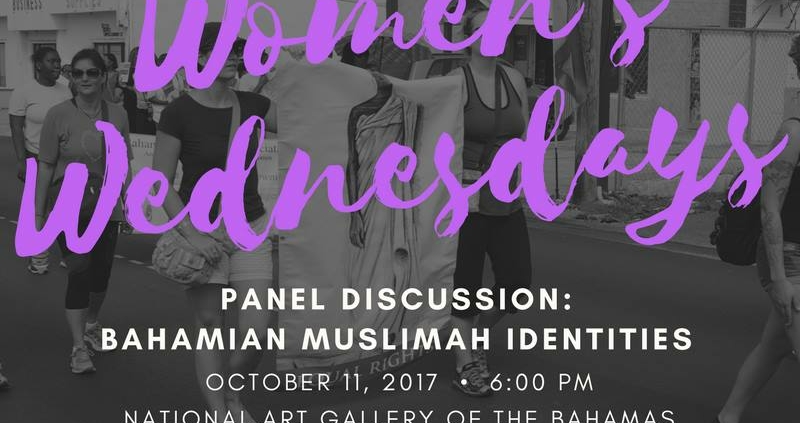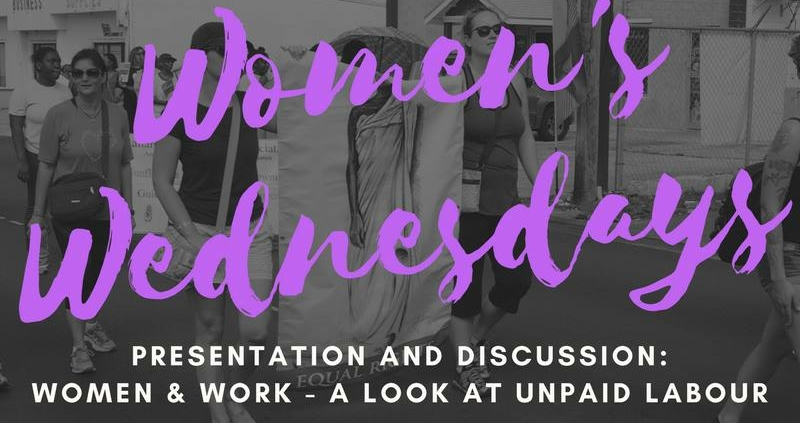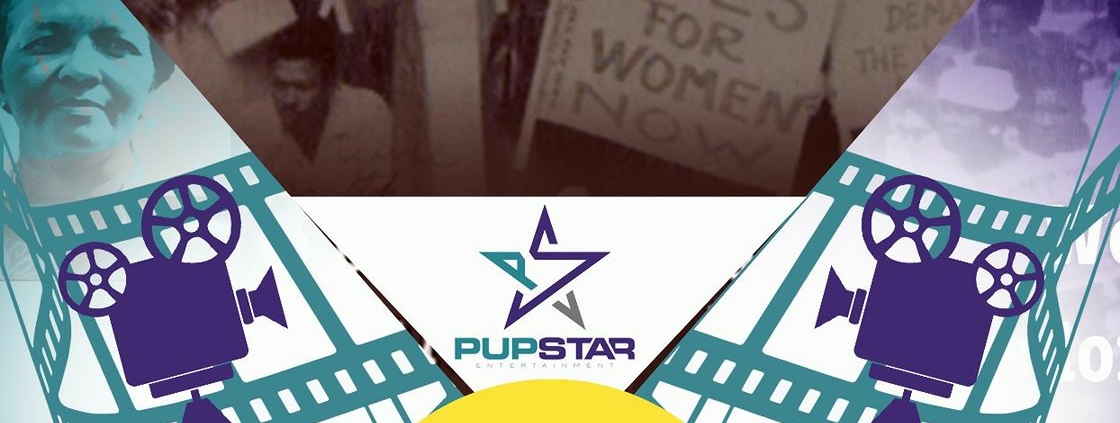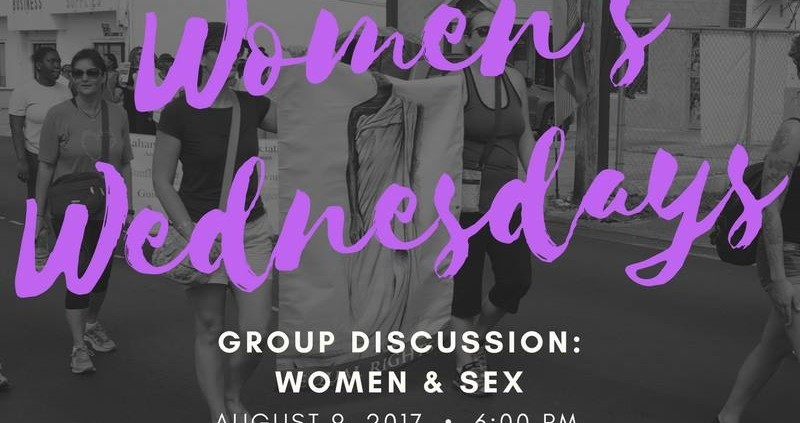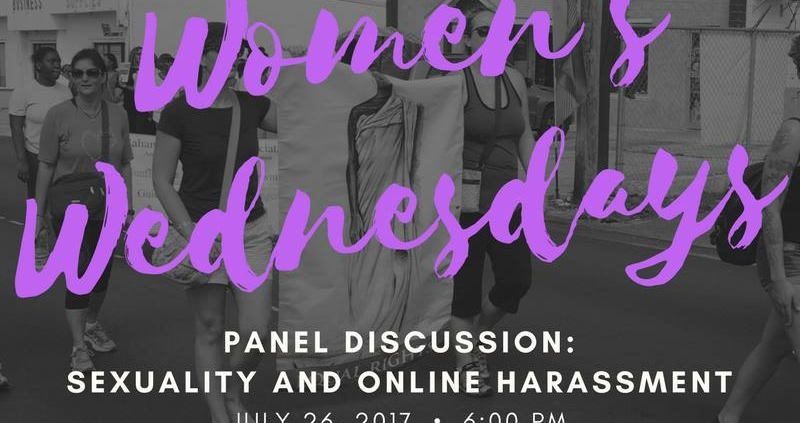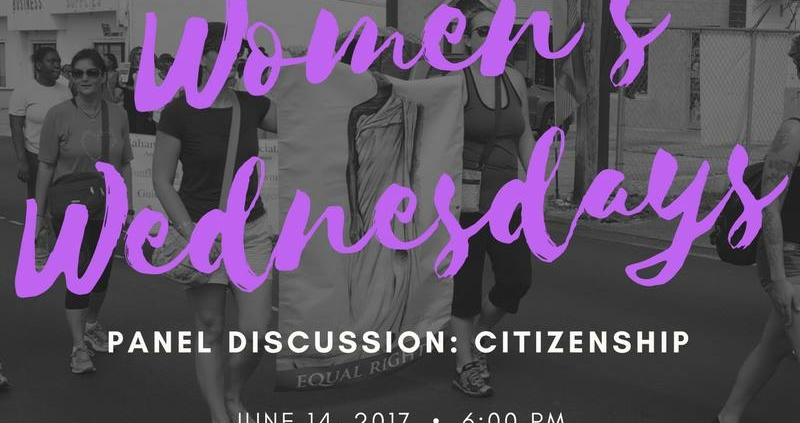Womanish Ways, Freedom, Human Rights and Democracy: The Women’s Suffrage Movement in The Bahamas 1948-1962 is a documentary film directed by Marion Bethel. In partnership with Movies in the Square by Pupstar Enterainment, it will be screened in Pompey Square on Saturday, August 12 at 7:30pm.
Five Bahamian women — Mary Ingraham, Georgiana Symonette, Mabel Walker, Eugenia Lockhart, and Dr. Doris Johnson — led the Women’s Suffrage Movement in The Bahamas. The journey to female enfranchisement spanned more than a decade, and took place alongside the dramatic backdrop of the Burma Road Riots in 1942, the General Strike in 1958, the Labour Movement of the 1950s, and the quest for Majority Rule. Bahamian women voted for the first time on November 26, 1962. This film narrates the story of the Women’s Suffrage Movement with special attention to its five leaders and the voices of the women who stood on their shoulders.
—
#WomensWednesdays highlights Bahamian women and our experiences in The Bahamas, specific to our identities including gender, race, sexuality, age, and ability. Held once per month at minimum, the events will draw women together to have conversations that bring our individual lives into focus while connecting to family, community, and national narratives.
#WomensWednesdays intentionally centers and prioritizes women and girls, and is open to the public through in-person events, livestreams, and social media activity. It is a collaborative effort of Equality Bahamas and the National Art Gallery of The Bahamas to create a safe space for knowledge-building, idea-sharing, critical dialogue, and movement-building.
